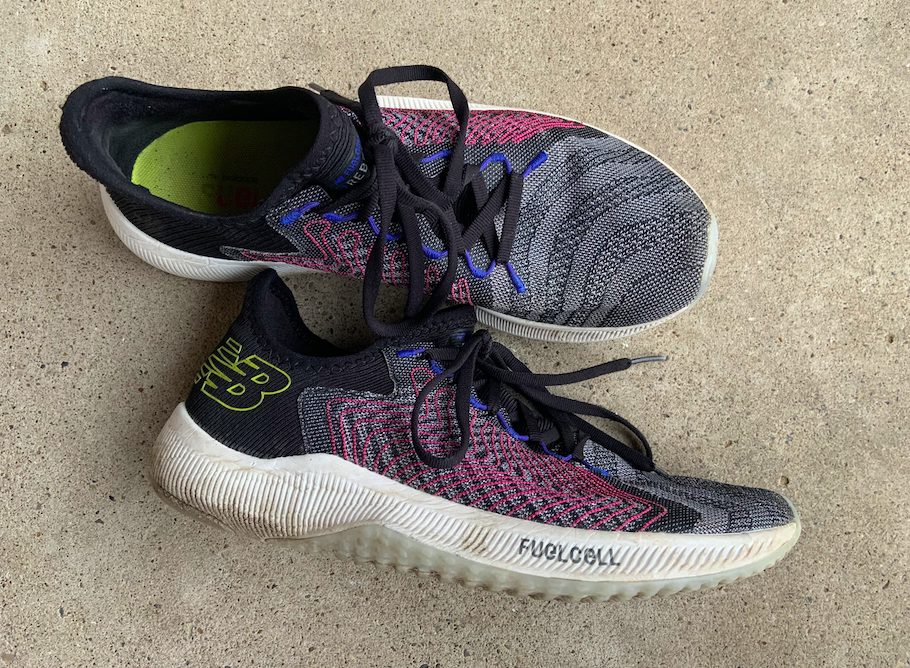5 things to remember when learning to run
Some beginner dos and don'ts

Are you a new runner? Are you a little confused by all the training information you’re consuming? It’s easy to get overwhelmed with training advice. Before heading out the door, consider these five useful tips for beginners learning to run.

Get a decent pair of running shoes
If you are starting to run, connect with your local running store and have their running experts help you find a pair of shoes that are right for you and for the type of running you’ll be doing. (Definitely don’t run in your old Chuck Taylors or your beat-up tennis shoes from high school, which will give you zero support for running.) Running shoes can be expensive – you might spend close to $150 for a good pair – but the right shoes can save you from injury and help you see improvement in your ability sooner.
RELATED: Five signs you need new running shoes

Run consistently (but not every day)
It is a myth that new runners have to run every day to get faster or improve. Try running three times a week to start, and space your runs out to allow your body to recover between sessions. If you run every day, you won’t give your body enough time to recover and benefit from the unaccustomed training stimulus, especially when starting out. If you have been running for six months three times a week and you feel good, you could try throwing in a fourth day every other week (to start), if you feel so inclined.
RELATED: Five reasons to rotate your running shoes

Run modest distances
There is no need to be a hero when learning to run. Work within your capabilities (i.e., your fitness level). It is OK if you are only running one kilometre, at first. You can try adding a little more distance each week – in a few weeks you’ll be up to 5 km or more. If you choose to increase your distance all at once, you risk injury or excessive fatigue. Many runners try a couch-to-5-km program to help gradually increase their distance.

Drink lots of water (but not too much)
Hydration is vital for an athlete’s muscle performance, heart rate and recovery. As in any endurance sport, you need to drink water before and after your run, and, depending on the temperature and how far you run, it’s a good idea to also carry water to drink during your run. Drink water regularly throughout the week, even on the days you are not running. Being dehydrated can negatively impact your run and make things more difficult than they should be.

Run for yourself
It is easy to get discouraged by watching faster runners; everyone was a beginner once, and new runners should remember that getting good at anything takes time and practice. No matter what level you reach, there will always be people who are faster than you. It is better to compare yourself to those who don’t run at all. Set your own goals based on your progress, and don’t worry about anyone else. What makes running a great sport is seeing your own performance and ability improve over time.
RELATED: 6 ways to stay motivated when you can’t race in person.

